What Causes Blood Sugar Spikes After Eating?
If you’ve noticed sudden energy crashes or sugar cravings after meals, it might be time to understand what causes blood sugar spikes after eating. These rapid rises in glucose can affect energy, mood, and long-term metabolic health — but you can manage them naturally.
🍬 Why Do Blood Sugar Levels Rise After Meals?
After you eat, your body breaks down carbs into glucose, which enters the bloodstream. In response, the pancreas releases insulin to help cells absorb that sugar. However, several factors can disrupt this process and lead to blood sugar spikes after eating instead of steady glucose control.
📚 1. High-Glycemic Foods & Refined Carbohydrates
Simple carbs and sugary foods are digestible quickly, causing rapid glucose spikes. Even starchy foods like white bread, potato, rice, and pasta can cause significant surges.
⏱️ 2. Skipping Meals or Meal Sequencing Issues
Not eating a balanced breakfast or eating carbs before protein/veg can worsen spikes later in the day. Meal sequencing — starting with vegetables and protein before carbs — helps slow absorption and stabilize glucose.
😴 3. Lack of Sleep, Stress & Hormonal Factors
Poor sleep and chronic stress increase cortisol — a hormone that signals your liver to release more glucose, raising blood sugar. This hormonal response can trigger unexpected spikes post-meal.
💨 4. Dehydration & Heat Stress
Even mild dehydration leads to more concentrated blood sugar levels. Similarly, physical stressors like sunburn or intense heat can trigger inflammatory stress responses that raise sugar levels.
🚭 5. Caffeine, Alcohol & Certain Medications
Some people have higher glucose responses to caffeine, even unsweetened coffee or tea. Alcohol and medications like steroids or diuretics may also interfere with insulin or glucose regulation.
🏃 6. Sedentary Behavior or Too Much Exercise
Lack of post-meal movement slows glucose uptake, while intense exercise can spike stress hormones. A gentle walk after eating supports insulin action without overloading your system.
🌾 7. Low Fiber Intake
Low dietary fiber means carbs are broken down more quickly — speeding glucose absorption. High-fiber foods slow digestion and help dampen spikes.
❓ What Should You Do About It?
If you’re wondering what causes blood sugar spikes after eating, ask yourself:
- Are you combining carbs with protein/fat and fiber?
- Are you staying hydrated and managing stress?
- Are you eating regular, balanced meals?
Small changes in meal composition and timing can make a significant difference.
🌿 How to Limit Blood Sugar Spikes Naturally
Here are practical steps to minimize post-meal spikes:
- Choose low GI foods like oats, legumes, and non-starchy vegetables
- Practice vegetable–protein–carb sequencing at meals
- Stay hydrated with 1.5–2 liters of water per day
- Avoid skipping breakfast and aim for consistent meal timing
- Walk 10–20 minutes after meals to help glucose uptake
- Prioritize 7–9 hours of quality sleep each night
- Manage stress through breathing, meditation, or light movement
👉 What’s Next?
If you’re looking for natural support beyond lifestyle tweaks, check out our detailed review of GlucoTrust — a supplement designed to help manage sugar spikes, support insulin sensitivity, and promote better sleep and metabolic health:
➡️ Read next: Blood Sugar Supplements: Do They Really Help?
✅ Final Thoughts
Understanding what causes blood sugar spikes after eating empowers you to take action — often naturally and proactively.
Track how your meals affect you, test and adjust your habits, and take actions that stabilize energy and support long-term health — one meal at a time.
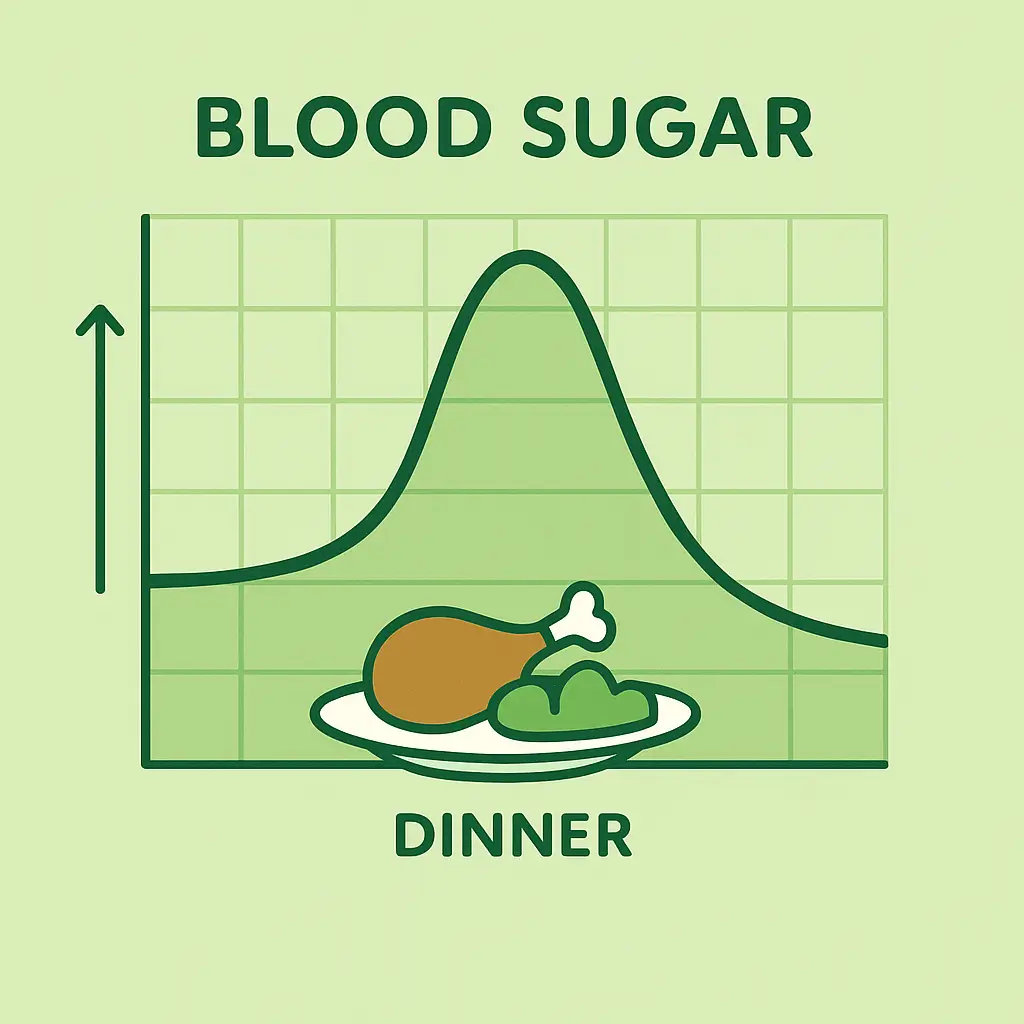
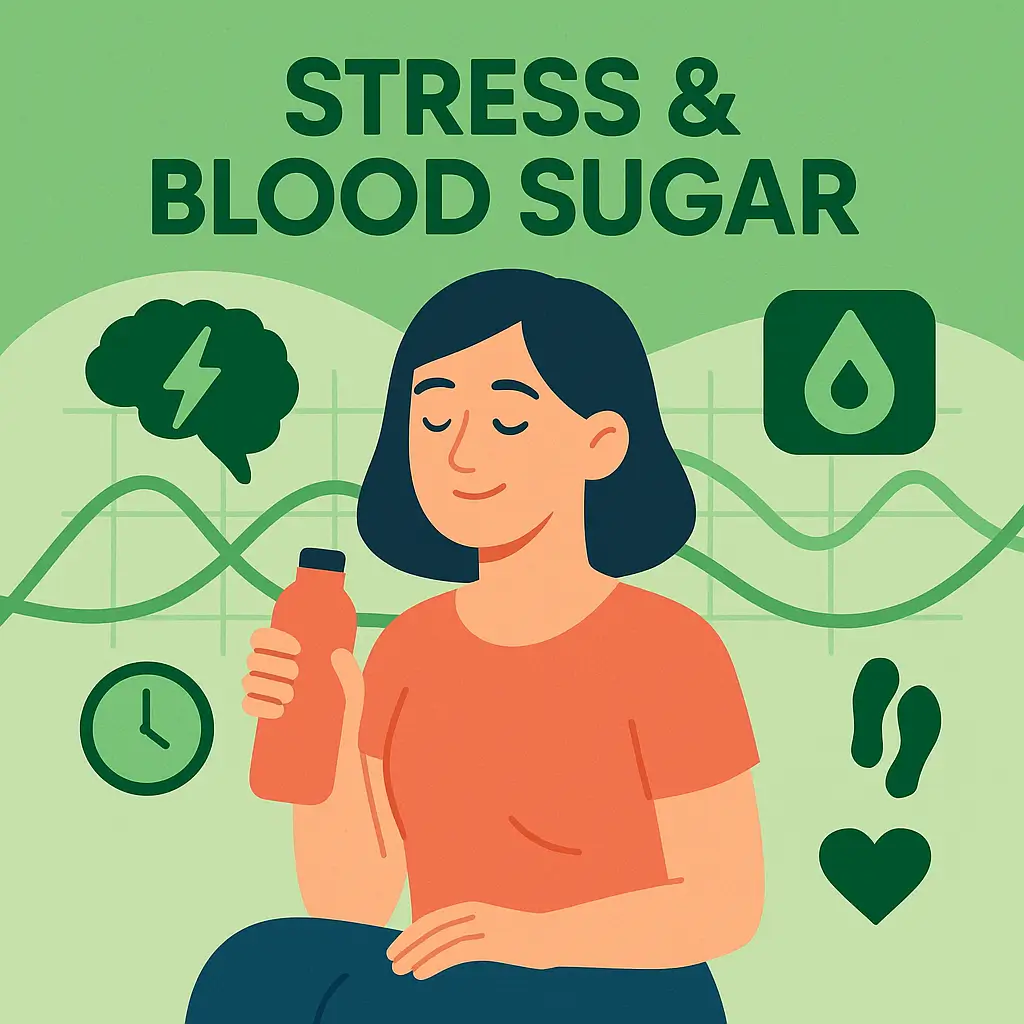
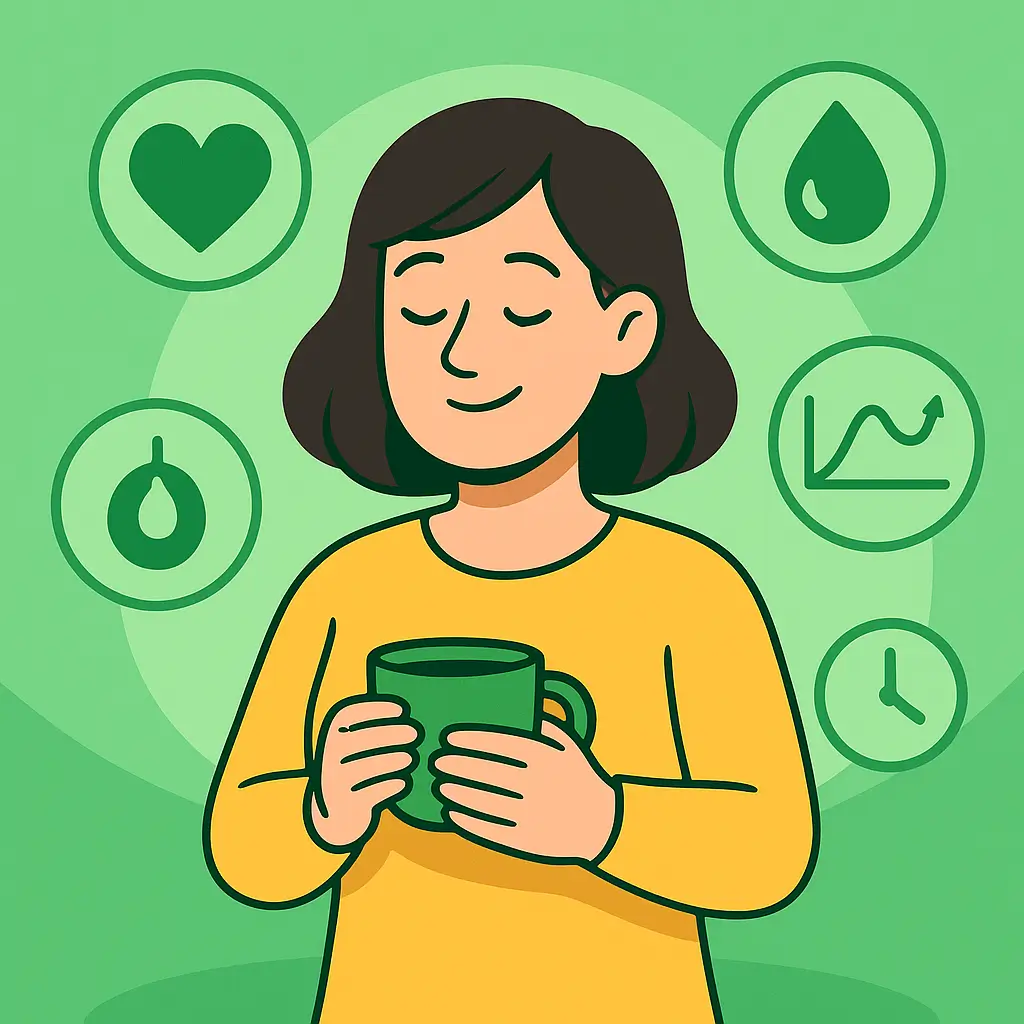
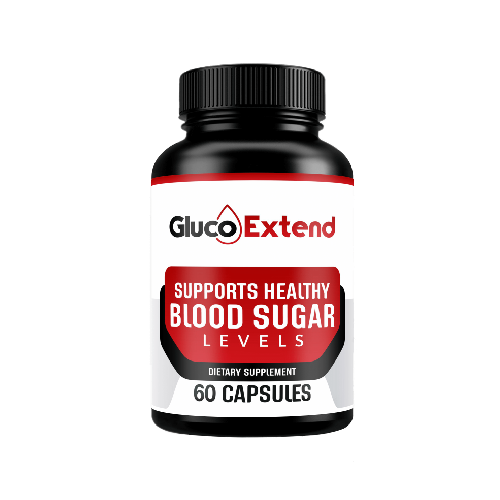







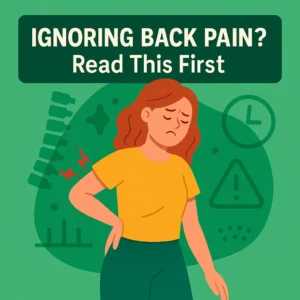


Post Comment